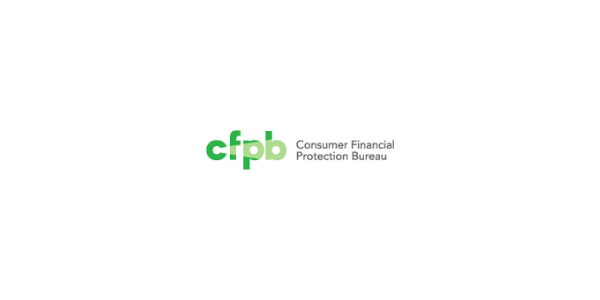Advertisement
Seattle Mortgage releases reverse jumbo loan
It's no secret: Protecting secrets is key to business successStanley HurwitzShredding,Identity Theft,Consumer Protection,Tom McGinnis,City Shredding Corporation,FTC,Federal Trade Commission
Tom McGinnis can keep a secret. In fact, some days he destroys
up to 80 tons of other people's secrets. In the wrong hands, the
information on the paper he chops into spaghetti-thin slices could
wreak havoc with companies and individuals. As the owner of
Brockton, Mass.-based City Shredding Corporation, McGinnis has seen
his "secure shredding" business increase dramatically over the past
year. A huge shredder he installed last year can slice, dice and
bale 10 tons per hour. By comparison, a heavy-duty office shredder
can shred up to 14,000 sheets of paper per day, the equivalent of
28 reams of paper or just a few hundred pounds.
The Federal Trade Commission says identity theft is the nation's
fastest growing crime. During 2003, approximately 10 million people
were victims of identity theft. The problem is so pervasive that,
on July 15, President Bush signed the Identity Theft Penalty
Enforcement Act that adds two years to sentences for criminals
convicted of using stolen credit cards and other personal data to
commit crimes.
McGinnis sees several other reasons for why his business is
growing.
"The cost to rent space just to store old records is expensive,"
said McGinnis. "After a set time period, depending on the type of
documents, you can legally destroy old records and free up valuable
space. Owners and managers need to know how long the law requires
them to hold on to certain documents and how long they need to
maintain them for business purposes. They need to have a document
management, retention and destruction policy and system in
place."
There are a series of new laws designed to protect personal
information:
FACTA
The Fair and Accurate Credit Transaction Act (FACTA) may be the
first enforced national shredding requirement. FACTA requires that
anyone who possesses consumer information used for a business
purpose must properly dispose of such information.
HIPAA
The Health Insurance Portability Accountability Act (HIPAA) makes
healthcare organizations responsible for secure storage and
disposal of patient information.
Gramm-Leach-Bliley Act
The Gramm-Leach-Bliley Act of 1999 requires financial institutions
to show how they protect confidential information.
Why is it so important that documents are shredded
rather than simply tossed in the dumpster?
"How would you like your most confidential records related to
customers, employees, insurance or product secrets to be blowing
around in a random landfill, or to be rummaged through by budding
entrepreneurs in Asia," asked McGinnis. "Your discarded paper can
be worth millions in the right or wrong hands."
Stanley Hurwitz is a public relations and marketing
consultant with Stoughton, Mass.-based Creative Communications. He
can be reached at (508) 269-0570 or e-mail [email protected].
About the author





